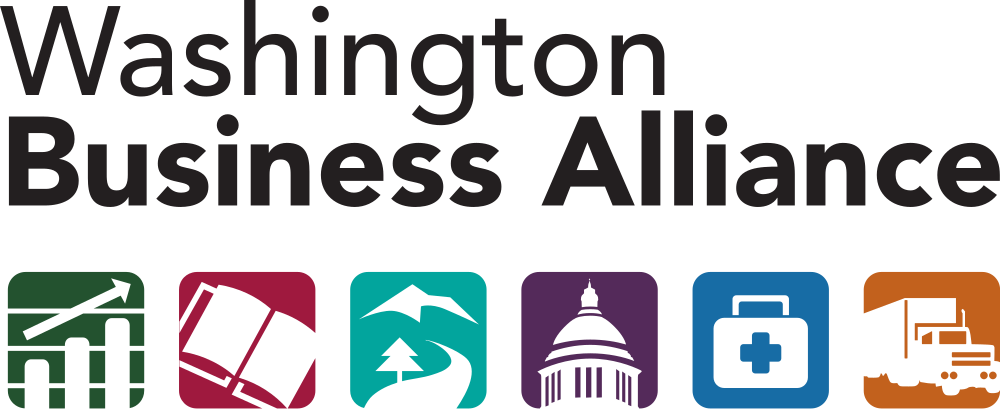Hi, I’m David Giuliani.
I’m an electrical engineer, inventor, and entrepreneur. I’m best known for inventing Sonicare and driving it to become the fastest growing private company in the US.
I co-founded the Washington Business Alliance. We’re driving Washington to a top 5 state using PLAN Washington. One important part of PLAN Washington is Low Carbon Prosperity — lower greenhouse gases and higher prosperity. Win-win.
I-937 has been a landmark success, boosting solar and wind electricity. I’m proud to have been an I-937 supporter. It’s important we make any changes carefully; such as
- Broadening I-937’s scope to include other responsible ways of reducing carbon.
- Encouraging market selection via a technology agnostic approach called Life Cycle Analysis (LCA).
- Achieve greater carbon reduction and state economic stimulus than I-937.
- Solve known problems like how the 1% rule works for no load growth utilities.
The Senate Bill 5735 Opportunity
Senate Bill 5735 gives us a good start by including Carbon Reduction Investments, in transportation for example, which is our biggest carbon pollution source.
Carbon Reduction Investments can drive lower carbon alternatives such as using natural gas and electric vehicles. Electric vehicles charged from our state power grid reduce carbon by a whopping 90% — without asking people to drive less.
Carbon Reduction Investments broaden the low carbon market beyond wind and solar. We can use LCA to provide a level playing field. LCA is a technology agnostic method used by California and now Oregon to quantify carbon reduction.
The solar and wind industries can still be winners. They can benefit from investments in load balancing technologies such as storage, so they can become even more competitive on an LCA basis.
Utilities can be winners. New “good load” can increase revenue — the best way to solve the “no load growth utility” problem of I-937. There are lots of winners in this plan, and we hope that legislators find a lot to like in it.

